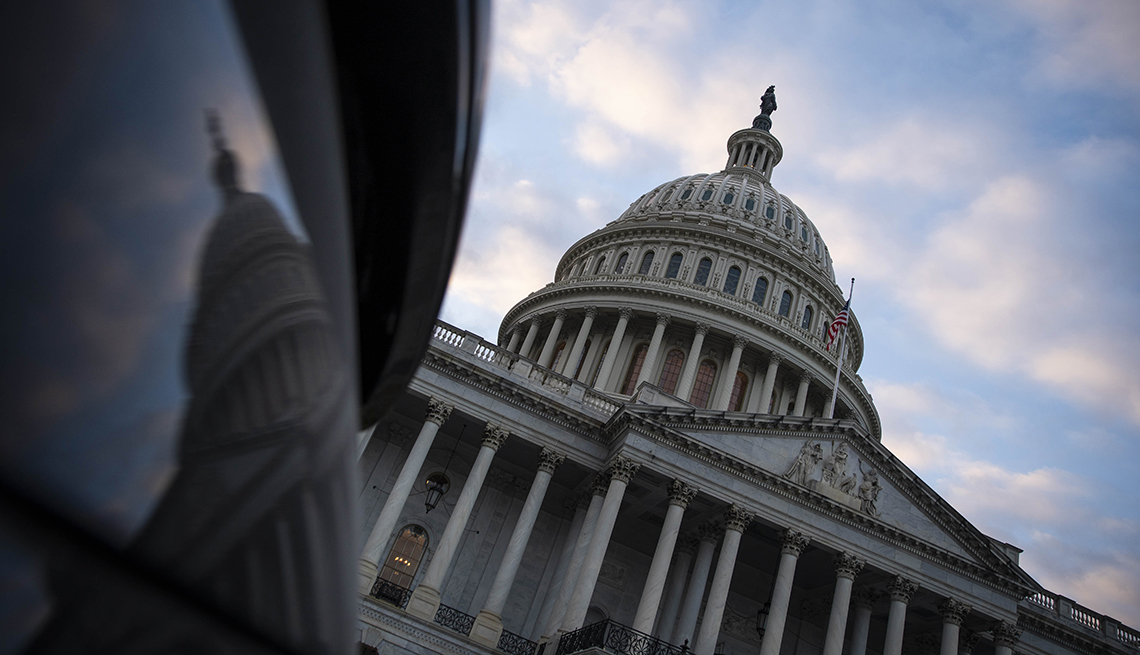AARP Hearing Center
| Ending a stalemate that stretched for more than seven months, Congress passed a $900 billion bipartisan economic stimulus bill on Dec. 21. The legislation will provide desperately needed financial assistance to families hit hard by the COVID-19 pandemic. President Trump signed the bill into law on Dec. 27.
In March, federal lawmakers enacted the Coronavirus Aid, Relief, and Economic Security (CARES) Act, providing Americans with stimulus checks, enhanced unemployment benefits, small business aid and other assistance to handle the onset of the worst public health crisis in a century. With most of that law's remaining benefits scheduled to end on Dec. 31 or sooner, lawmakers scrambled to negotiate new legislation that would provide families with additional economic relief.
The legislation now awaits the president’s signature, which is expected to come soon. Here’s some of what’s in the new stimulus agreement:
Stimulus checks. The new legislation will provide a second round of stimulus payments to millions of Americans who have struggled financially since the first round of direct federal aid was issued in the spring. The new stimulus payments will be a maximum of $600 for individuals with income of less than $75,000 in 2019. Families also will receive $600 per eligible child dependent. You can find out more about the new round of stimulus checks here.
Enhanced unemployment benefits. The new stimulus package will provide unemployment recipients with $300 per week on top of what they already are eligible for from their state program. Recipients will receive these enhanced benefits through March 14.
The new law also will continue two newly created federal jobless benefit programs that were set to expire at the end of this year. Pandemic Unemployment Assistance (PUA) and Pandemic Emergency Unemployment Compensation (PEUC) offered jobless benefits to gig workers and others who were not eligible under state criteria along with those who had exhausted their eligibility for collecting benefits. The extension of these programs would mean that people will be eligible to collect unemployment benefits for 50 weeks rather than the current cutoff after 39 weeks.


































































